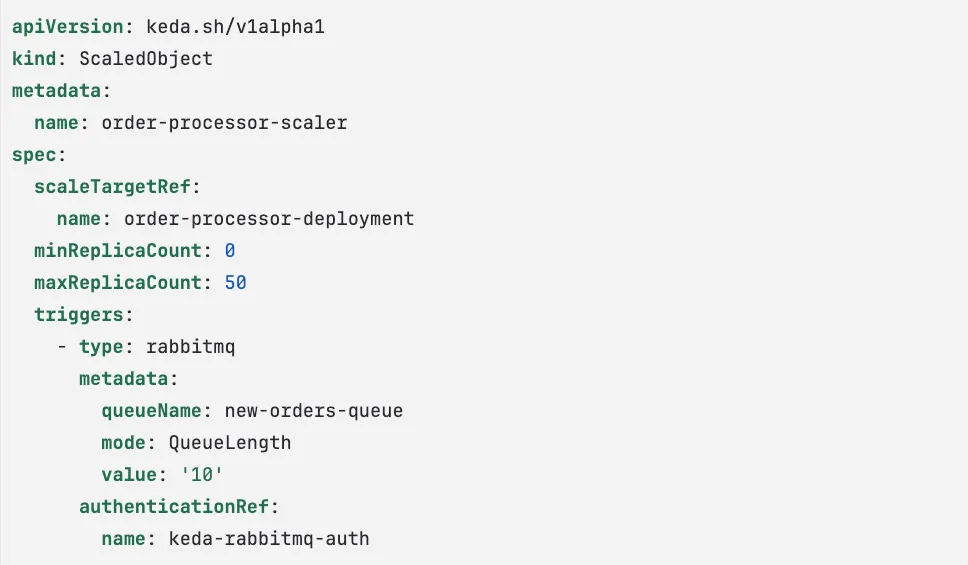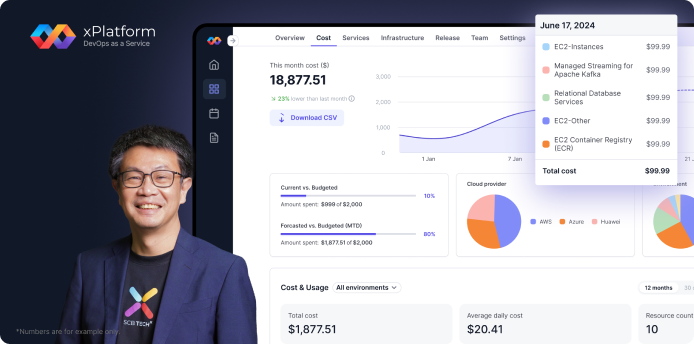
In the digital business landscape where every second matters, the ability to respond to customer demands rapidly is paramount. Whether during a Flash Sale campaign with a massive influx of users, a back-end order processing system, or real-time data analysis, our applications must be ready to scale to handle sudden surges in workload.
For those working on platforms like Kubernetes, the Horizontal Pod Autoscaler (HPA) is a familiar tool. It is a fundamental component that automatically increases or decreases the number of our applications based on CPU or Memory usage.
But what happens if the actual workload is not immediately reflected in CPU utilization?. We may face a situation where the application fails to scale in time, leading to system slowdowns and, ultimately, a poor customer experience.
Today, we will introduce you to KEDA, a hero that will upgrade scaling on Kubernetes to the next level, truly addressing the needs of the event-driven business world.
KEDA: The Farsighted Hero
KEDA (Kubernetes Event-driven Autoscaling) is an open-source project designed specifically to enhance the capabilities of the Horizontal Pod Autoscaler (HPA). The core principle of KEDA is to unlock the ability for Kubernetes to scale applications directly based on external “Events” rather than being limited to metrics like CPU or Memory from within the system. Here are the two primary capabilities of KEDA:
1. Proactive Scaling from Actual Workloads 🚀
KEDA connects directly to various event sources, such as the number of messages in a Message Queue (RabbitMQ, Kafka), the number of files in Storage, or the results from a Prometheus Query. This allows KEDA to preemptively order the application to scale (increase Pods) before those workloads place a heavy burden on CPU/Memory and create a bottleneck. This approach addresses the problem at its source and helps ensure a consistently smooth user experience.
2. Scale to Zero When There Are No Workloads 💰
Typically, Kubernetes requires at least one application Pod to be running at all times, which incurs costs even when there is no active use. KEDA solves this by monitoring the event source. If no pending workloads are found (e.g., the queue is empty), KEDA can command the number of Pods to be reduced to zero and will “wake up” the application again upon the arrival of the first event. The disappearance of these Pods signals automatic server management tools like Karpenter or the Cluster Autoscaler to remove idle server nodes. This is the heart of true cloud cost savings under the “Pay-per-use” principle.
Is It Complicated to Use?
One might think that adding such advanced capabilities must come with complexity, but KEDA is designed to be remarkably easy to use. We only need to create a configuration file called a “ScaledObject” to tell KEDA what we want. For instance, if we want to scale an application based on the number of messages in a RabbitMQ queue, we would write it as follows:

In summary, this file configures KEDA to use a queue named new-orders-queue as a metric to automatically scale the order-processor-deployment. For example, if there are 500 messages in the queue, KEDA will calculate according to the defined rule (QueueLength) and expand the number of Pods to 50, which is the maximum limit the system can scale to.
You see… we simply declare our intent in a simple format. KEDA handles the creation and management of the complex HPA for us automatically.

If you would like to try installing or are interested in how KEDA works, you can read more at https://keda.sh/docs/2.17/deploy/
Conclusion
HPA remains an excellent and fundamental tool, but in a world driven by speed and events, relying solely on CPU/Memory may no longer be sufficient. KEDA (Kubernetes Event-driven Autoscaling) has thus emerged as a crucial solution that enables Kubernetes to scale based on actual external workloads.
With its capabilities of Proactive Scaling to maintain stability and Scale to Zero to manage costs effectively, KEDA has become an essential component for building Cloud-Native systems that achieve both maximum resilience and cost-efficiency.
Looking for a DevOps solution that automates your workflow and reduces business costs? SCB TechX helps you modernize your delivery pipeline and bring high-quality products to market faster, building a foundation for long-term growth.
For service inquiries, please contact us at https://bit.ly/4etA8Ym
Learn more: https://bit.ly/3H7W9zm
References




